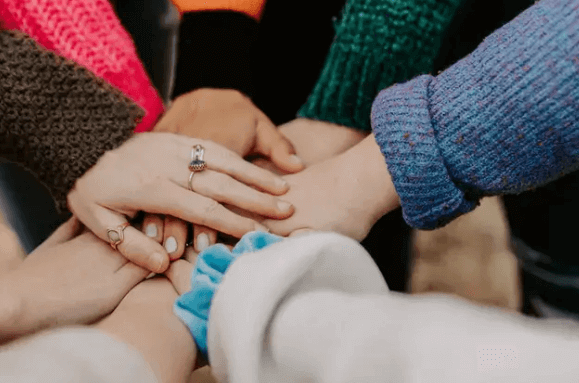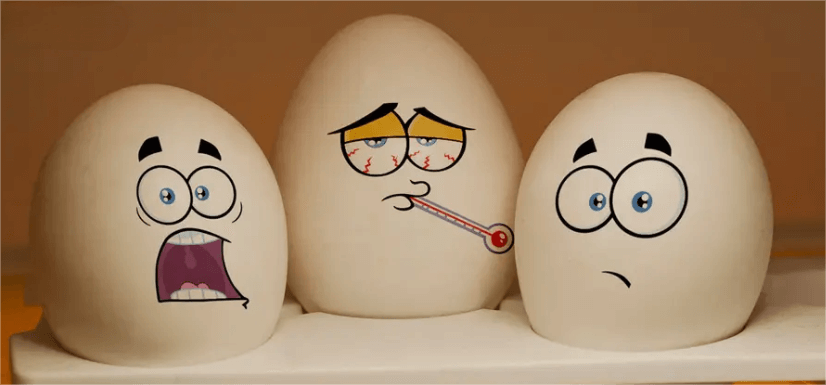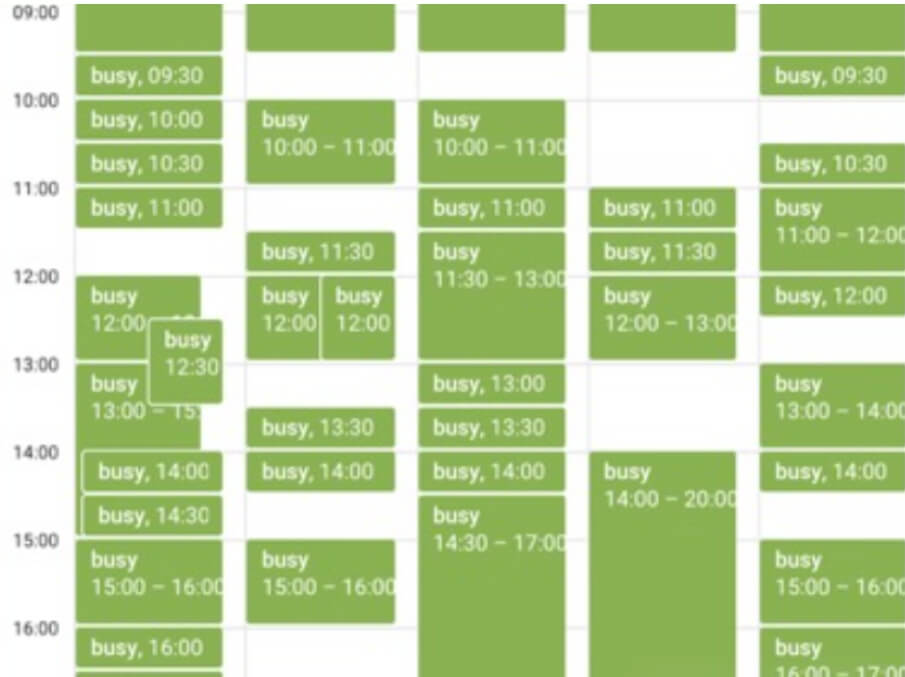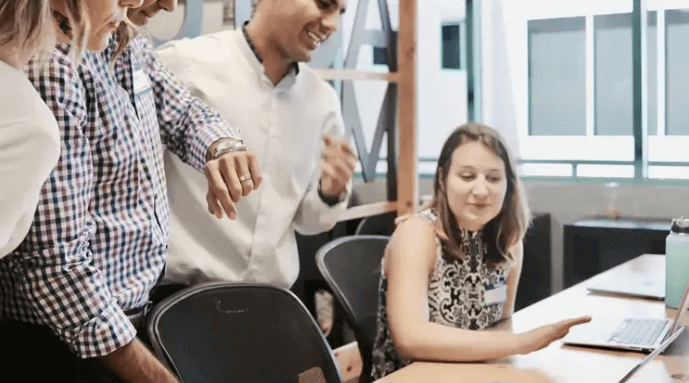In recent years, the "self-media resignation" and "entrepreneurial gifts" tracks have become highly competitive, turning into red oceans, with many internet workers now facing unemployment. In this atmosphere, it feels like we need to fight tooth and nail to hold onto any job we have. With the current job market uncertainty, many of us ordinary designers are swept along by the prevailing trends, feeling increasingly anxious and insecure.
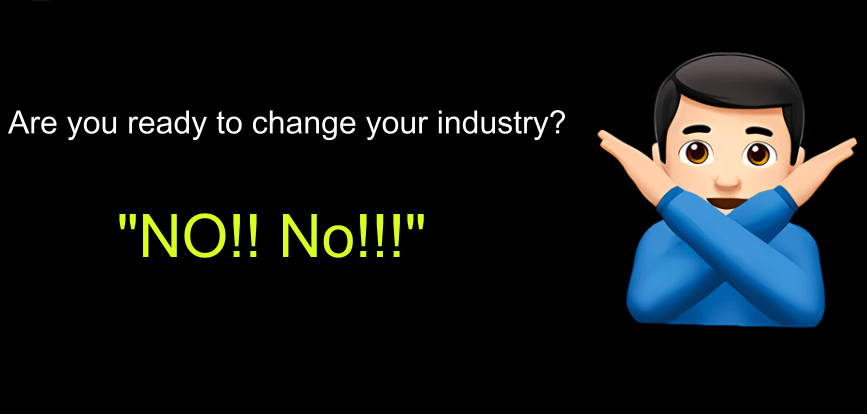
Those currently unemployed will surely encounter the following:
Scrolling through job-hunting apps daily, becoming so familiar with the job listings that you’ve practically memorized them;
Sending out countless resumes and clicking “interested” on numerous job posts, only to receive no response or feedback;
The only people who proactively ask for your resume are companies that don't meet your expectations, or outsourcing firms;
Finally, when you get through the resume screening, interview requirements are significantly higher, and many require you to complete test assignments;
Even after 4 or 5 rounds of interviews, there's no guarantee of an offer, and even if you do get one, you'd be lucky to secure the same salary as before...
Facing this situation is a tremendous challenge for our physical, mental, and emotional well-being. Under such pressure, we feel helpless, anxious, and lost.
1. Changing Strategies
You might start changing your resume strategy, applying to companies you previously didn’t want to consider, and accepting interview invitations from unexpected places—because what other choice do you have? If the unemployment period stretches out with no side income, the decisions we make during this time can often lead to regret. Our minds are no longer calm, and we find ourselves on the brink of collapse, desperate for any result.
At this point, you might even start considering switching industries. (Here, I don’t mean transitioning from UX to UI but from consumer-facing roles to business-facing roles, e-commerce to tool applications, designer to product manager, or even consumer tech to in-car systems… This excludes entrepreneurship or making a full-time career out of a side gig.)
2. Think Twice Before Switching Industries
This idea stems from my own experience. When you switch industries, it’s like becoming a beginner in a completely new field.
Time Factor:
You’ll have to walk the same path you’ve already walked before. Personally, I feel that this kind of repetition wastes both time and passion. You’ll need to learn the design rules, precautions, and common pitfalls of a new industry, accumulating experience all over again. You’ll spend time repeating your past journey, but in a field you know little about.
Loss of Accumulated Experience:
Switching industries means starting from zero in terms of experience. Your previous job's accumulated experience may only serve as a basic design foundation, providing little benefit for making decisions in the new field. Additionally, when you switch jobs again later, your experience will be fragmented and lack depth, without a clear trajectory of long-term specialization in any one industry.
Future Career Development:
Once you’ve switched industries, if you switch jobs again, you likely won’t want to start over in yet another industry, right? This could mean that if your new industry is broad, you're fine, but if it’s narrow and specialized, you’ve essentially boxed yourself into a smaller and smaller corner. Adding in the “35-year-old rule,” your career development will only get tougher.
3. If You Must Switch, Stay Close to Your Current Field
If you’re thinking about switching, try to focus on areas adjacent to your current position. For example, if you’re a UI designer, move toward UX to evolve into a product experience designer (combining UI and UX). If you’re in UX, lean toward UI or product management. And be sure to expand your skillset—if you’re in UI design and focus primarily on interfaces, try learning 3D, graphic design, typography, or illustration. Stick to a main field, but branch out into related skills.
The earlier you start, the better. As a UX designer, I’m currently facing this very dilemma—I don’t have UI skills or experience, and this situation runs counter to the trend of combining UI and UX in the industry.
This is a struggle many people are facing. I wonder if you’ve encountered it too, and if so, how are you navigating through it?


